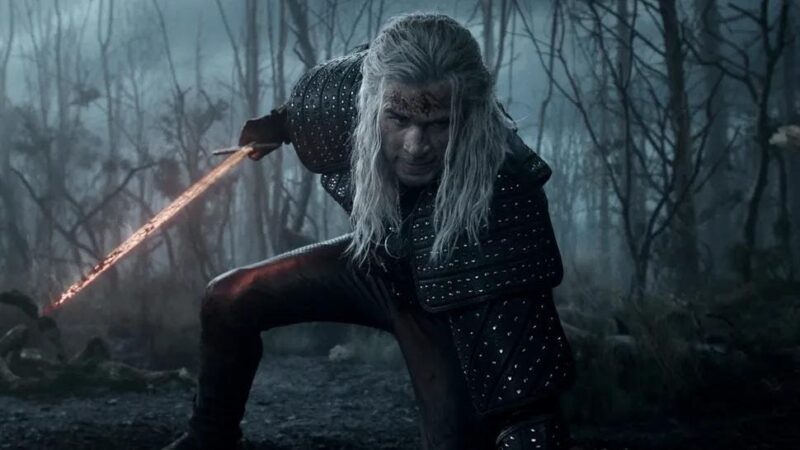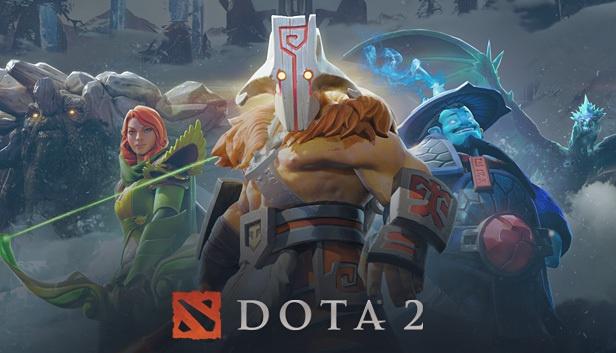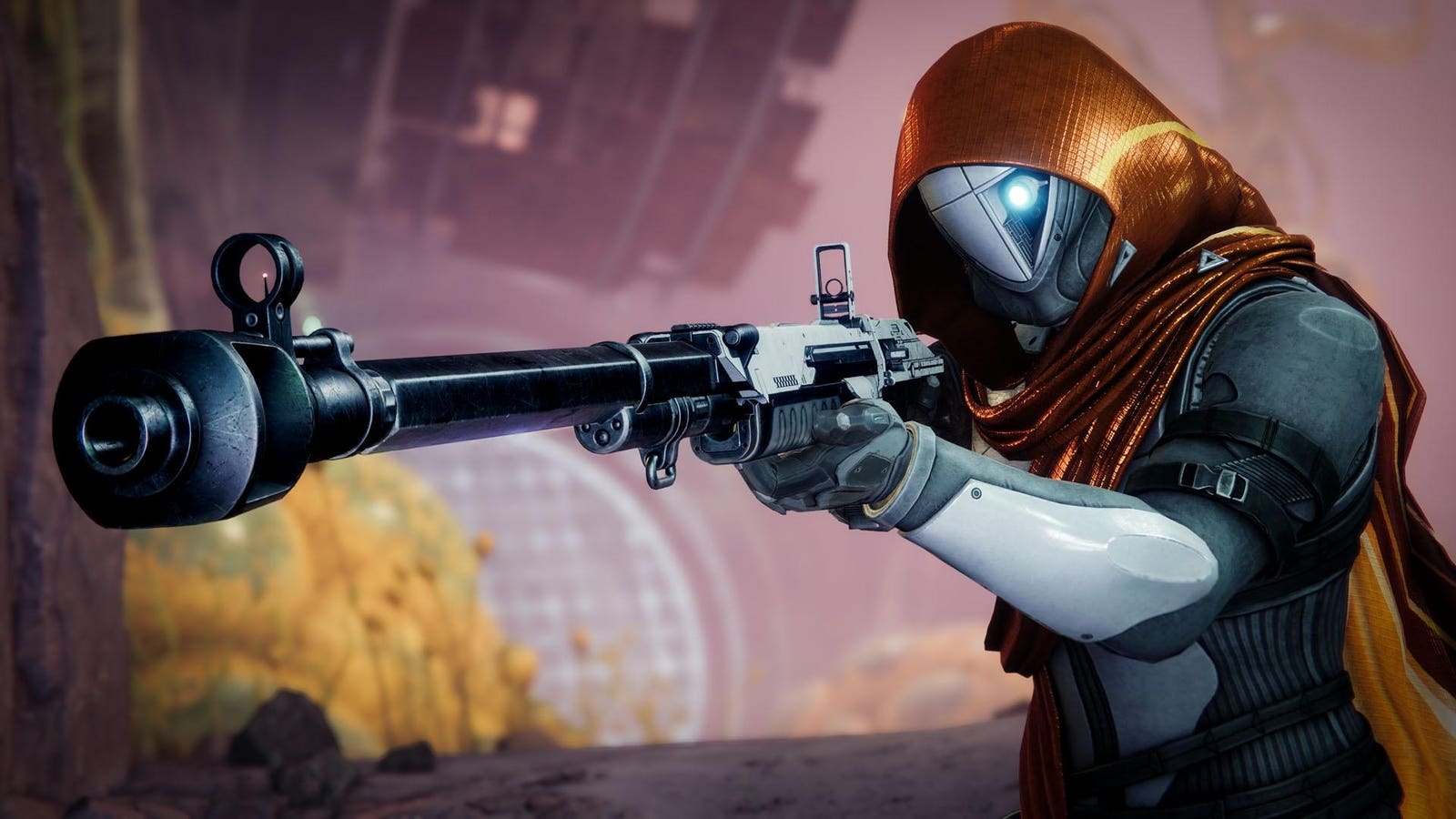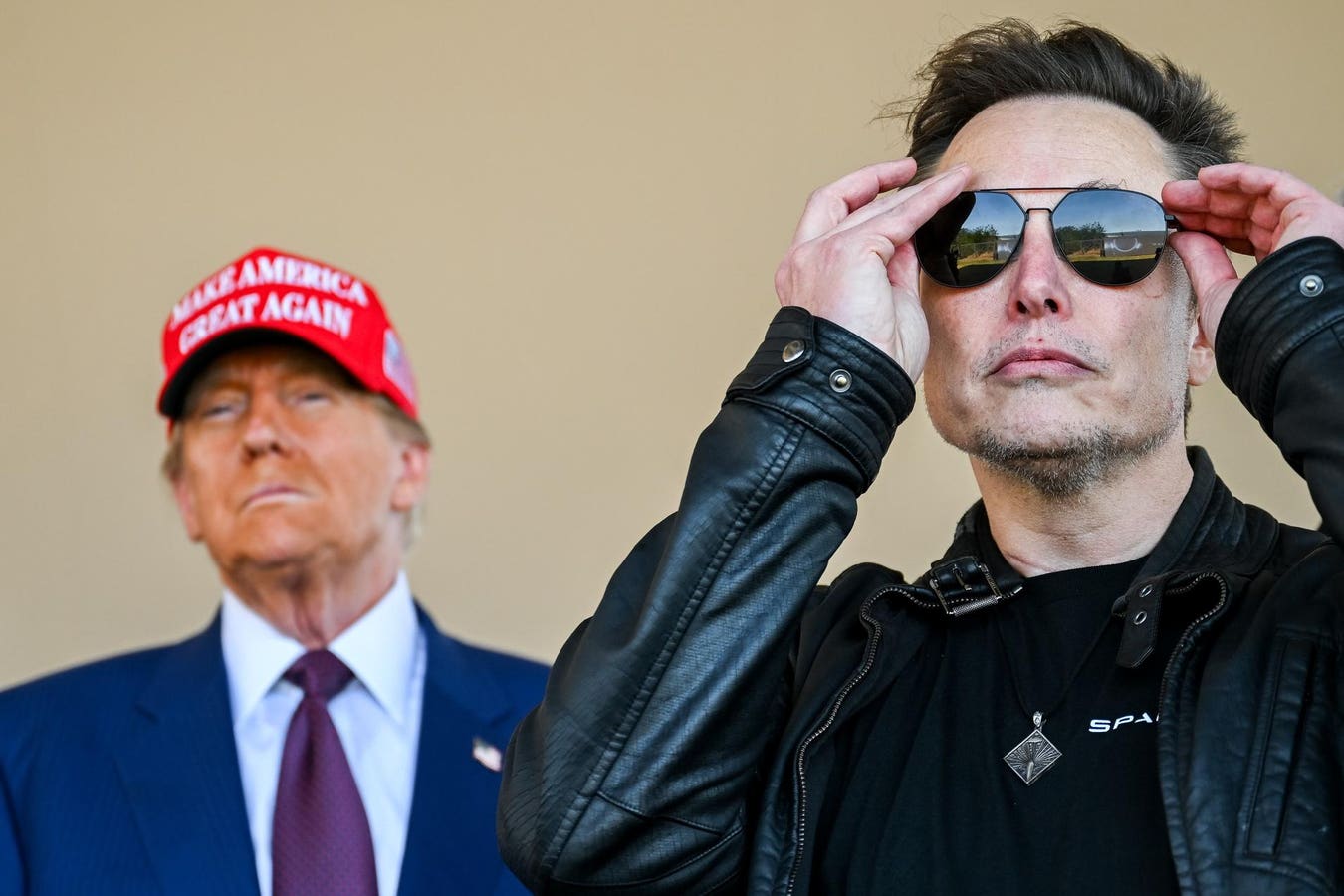The Witcher
Credit: Netflix
Netflix released the first full trailer for Season 4 of The Witcher earlier this month, and it was met with more than a little backlash. I was hoping for the best, and I’ve been rooting for Liam Hemsworth as he takes on the role of Geralt of Rivia from Henry Cavill. It’s hard to fill Cavill’s shoes, as he was incredibly popular with The Witcher fandom.
But the best was not meant to be. The trailer was a mess, and one line in said trailer proved to be incredibly controversial – and off-putting. During what appears to be a battle scene, Hemsworth’s Geralt hollers, “Let’s f**cking move!” It sounds like something an action hero in a military movie might say. I can imagine Will Smith saying this in Bad Boys.
It does not sound like something Geralt would say and it does not ring true for a high fantasy setting. The line is bad, but it’s worse when you consider its implications. Do the writers on this show simply not understand fantasy? Do they not understand the source material? Have they missed the nuances of Geralt as a character entirely? Certainly the second and third seasons of Netflix’s Game of Thrones wannabee series would indicate that the answer to these questions is a resounding “No.”
In a recent interview, however, The Witcher showrunner Lauren Schmidt-Hissrich offered up a defense of the controversial line. “It’s one of those lines. I mean, you never know what is going to be controversial. You never know what’s going to work,” she said.
Hissrich notes that she never would have guessed that the sont “Toss a Coin to Your Witcher” would have blown up the way it did, and that context for Geralt’s Season 4 line matters:
“If prior to season 1 airing, you would have told me that ‘Toss a coin to your Witcher’ was going to be a hit, that’s it’s wild to me. What I think is, that line in the context of the battle that we’re in – it makes total sense. It’s also a kickass line. It’s one of those things that it’s like, you may go, ‘Oh, that’s not what my Geralt would say.’ Well, it is. It’s what our Geralt would say. And in this moment, it suits it perfectly. So I’m eager for audiences to take those moments from the trailer and actually see them in the context of the scenes.”
This Is A Meager Defense Of Bad Writing
The Witcher
Credit: Netflix
While it’s certainly true that you can’t predict whether or not something will be a big success – or at least it’s very difficult to know while that something is being made – I think it’s less difficult to predict whether or not a line like this will be controversial.
The problem with Hissrich’s defense is that it reveals how little the show’s creators think about fans of The Witcher books and games. That she says “our Geralt” would say this line is pretty telling. Yes, of course an adaptation will often make a story and its characters somewhat different from the books. The entire cast of HBO’s Game Of Thrones was aged-up, for instance. What worked in a novel might not work as well on-screen, especially given the sexual violence present in that show. A 13-year-old Daenerys Targaryen (Emilia Clarke) would have scared away audiences the night of her wedding to Khal Drogo (Jason Momoa).
But HBO’s writers and showrunners didn’t try to change the fundamental nature of the characters themselves. George R.R. Martin’s books are very different from the TV show, but Jon Snow (Kit Harington) acts essentially the same in both. When he rallies his fellow Nights Watch brothers to march on Ramsay Bolton (Iwan Rheon) to save Sansa (Sophie Turner) he doesn’t end his speech with “Let’s f**king move!” and if he had, we would have been justifiably upset. You can bet that I would have posted a very sternly written review of that episode!
The Witcher
Credit: Netflix
Adaptations must make changes but they also must remain true to the spirit and intent of the original. On some level, Hemsworth and Cavill have to make Geralt “their own” because they have to interpret the character and then portray that character on screen. Doug Cockle had his own interpretation of Geralt in the CDPR video games (and the game designers made Geralt “their own” to some extent as well). The difference between the games and the TV show, however, is that the games managed to tell lots of new stories that weren’t in the books by Andrzej Sapkowski, while still remaining faithful to who Geralt was as a person. The creators of the TV show seem perfectly happy to make Geralt “their own” regardless of the source material or the fans who made this franchise popular enough to get picked up by Netflix in the first place.
The series has made other egregious missteps in the past. Few exceed the changes made to Yennefer (Anya Chalotra) in Season 2 and her bizarre betrayal of Geralt and Ciri (Freya Allan). These changes utterly warped Yennefer’s character and drove an entirely made-for-TV wedge between her and Geralt. There are many, many other changes from the source material that I could list here. Suffice to say, none of them were an improvement.
The one change I did appreciate took place in Season 1, when the show muddled the timelines, giving us a story out of order, though not obviously out of order. I thought this was quite clever. It didn’t change too many of the details, but it did change how they were presented. Even though it was by far the most radically different chronology in terms of alterations from the books, it was still the most faithful of the seasons so far.
Season 4 of The Witcher lands on Netflix this Thursday, October 30. I’ll be watching and reviewing here on this blog.









